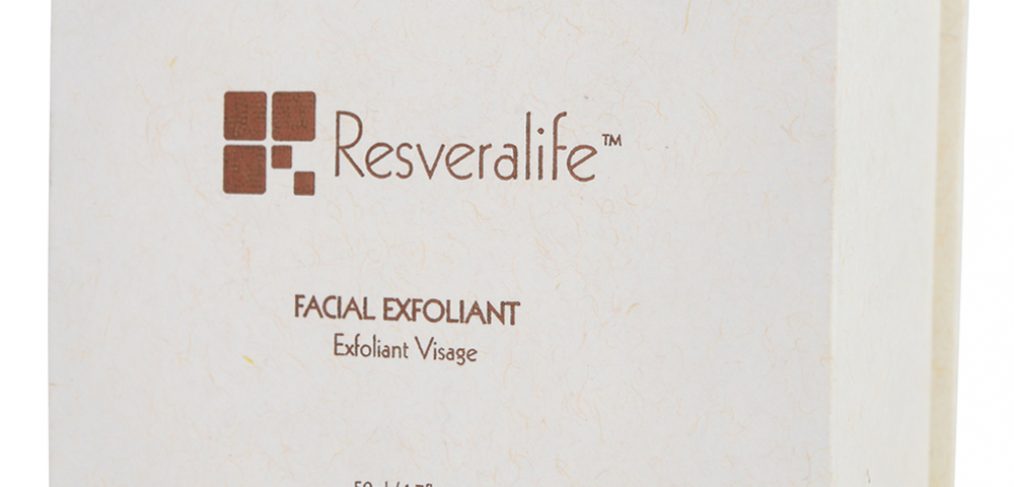
Resveratrol as an Antioxidant
Is red wine a decent antioxidant?
Red wine is not an antioxidant in itself. It contains a compound known as Resveratrol which is believed to be one of the best antioxidants in the world. Simply put, red wine acts as an antioxidant vehicle because of the fact that it is sealed and the antioxidants aren’t oxidized before you uncork the bottle. That being said, science has proved that the amount of Resveratrol found in red wine is not likely to lead to any dramatic results. Studies have confirmed that applying Resveratrol topically provides benefits to the skin.
Is the Resveratrol found in dietary sources adequate?
There are a number of food items such as red wine, red grapes, mulberries and peanuts that contain Resveratrol. An Asian plant that goes by the name of Japanese Knotweed is also known to be an excellent source of Resveratrol. However, dietary sources of Resveratrol are not going to be enough because of the simple fact that they don’t act as reliable sources for the compound. According to certain studies, the most effective way of ensuring that Resveratrol works for your body is to apply it topically.
What is the role of an antioxidant?
Antioxidants are molecules that are stable with or without their necessary electrons. On the other hand, free radicals are molecules that become unstable when they lose an electron. The main role of an antioxidant is to donate one of its electrons to the free radical to prevent it from becoming unstable and ensuring that both molecules remain stable within the human body. Unstable free radicals damage the healthy cells by stealing an electron from them. This ultimately leads to aging, diseases and illness. Therefore, antioxidants are nature’s solutions to the free radical problem.
Are there any major risks involved with using Resveratrol?
Resveratrol doesn’t have any toxic reactions, even when it is consumed in large doses. However, it is known to increase the blood circulation and blood flow all throughout the body. Therefore, it is always advisable to consult your physicians before taking Resveratrol in significant quantities. Moreover, people on medications should also consult their physicians before using Resveratrol. Finally, pregnant women and children are advised to stay away from Resveratrol completely.
How much of Resveratrol is required?
As with everything else, too much of Resveratrol can prove to be harmful for your body. You should always consult a physician before taking Resveratrol and seek guidance on the amount of dosage that suits your body. Apart from that, Resveratrol is considered to be extremely safe. In fact, no problems have been reported by people consuming peanuts, cranberries, red wine, red grapes, peanuts or blueberries. And any problems that peanuts or red wine have brought about are completely unrelated to Resveratrol. However, it is probably wise to stay away from Resveratrol supplements completely since there almost no regulations in place to ensure the quality of these supplements. It is recommended ways to get adequate amounts of Resveratrol are to use Resveratrol based moisturizers and add food items that contain Resveratrol into your daily diet.
What are the side effects of using Resveratrol?
Resveratrol is considered to be extremely safe when consumed by way of foods or topical applications. However, there still isn’t enough information available on the compound to predict the exact way it reacts with each and every body function. There are three conditions when people have been advised to stay away from Resveratrol.
- Pregnancy and breastfeeding.
- Hormone sensitive conditions such as ovarian cancer, breast cancer, uterine fibroids and uterine cancer.
- 2 weeks before or after a scheduled surgery.
Are there different types of Resveratrol?
There are two types of Resveratrol – Trans and Cis. Both are known to be quite powerful, but the magic of Resveratrol usually happens with the Trans type only. That being said, the Cis type is still known to be a powerful antioxidant, with the only exception that it does not influence the SIRT-1 gene.



